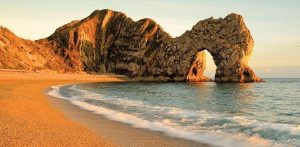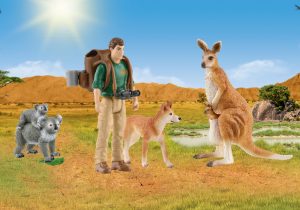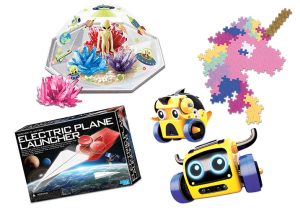
Digestive system: Science primary resource
Learn about the different organs that make up the digestive system
This primary resource introduces children to the human digestive system. Discover what happens to our food once we’ve eaten it. How strong is the acid in your stomach? How many jobs does your liver have to carry out? Why do we have an appendix?
Pupils will learn about the different organs that make up the digestive system and what their functions are in our National Geographic Kids’ Science primary resource sheet.
The teaching resource can be used in study group tasks for discussion about food and nutrition.
It could be used as a printed handout for each pupil to review and annotate, or for display on the interactive whiteboard using the images included in the resource for class discussion.
Activity: Ask children to use the facts provided to discuss why we need to eat healthily. Pupils could be given a diagram of the digestive system to label, using the resource sheet to help them. As a class exercise, show the children pairs of images of food and ask them to pick the one that is most nutritious, giving reasons for their answers.
N.B. The following information for mapping the resource documents to the school curriculum is specifically tailored to the English National Curriculum and Scottish Curriculum for Excellence. We are currently working to bring specifically tailored curriculum resource links for our other territories; including South Africa, Australia and New Zealand. If you have any queries about our upcoming curriculum resource links, please email: schools@ngkids.co.uk
This Science primary resource assists with teaching the following Key Stage 1 Science (Year 1) objectives from the National Curriculum:
Pupils should be taught to:
- identify, name, draw and label the basic parts of the human body and say which part of the body is associated with each sense
National Curriculum Key Stage 1 Science (Year 2) objectives:
Pupils should be taught to:
- find out about and describe the basic needs of animals, including humans, for survival (water, food and air)
- describe the importance for humans of exercise, eating the right amounts of different types of food, and hygiene.
National Curriculum Lower Key Stage 2 Science (Year 3) objectives:
Pupils should be taught to:
- identify that animals, including humans, need the right types and amount of nutrition, and that they cannot make their own food; they get nutrition from what they eat.
National Curriculum Lower Key Stage 2 Science (Year 4) objectives:
Pupils should be taught to:
- describe the simple functions of the basic parts of the digestive system in humans
National Curriculum Upper Key Stage 2 Science (Year 6) objectives:
Pupils should be taught to:
- identify and name the main parts of the human circulatory system, and describe the functions of the heart, blood vessels and blood
- recognise the impact of diet, exercise, drugs and lifestyle on the way their bodies function
- describe the ways in which nutrients and water are transported within animals, including humans.
This Science primary resource assists with teaching the following Sciences Second level objectives from the Scottish Curriculum for Excellence:
- By investigating some body systems and potential problems which they may develop, I can make informed decisions to help me to maintain my health and wellbeing
Scottish Curriculum for Excellence Sciences Third level objectives:
- I have explored the structure and function of organs and organ systems and can relate this to the basic biological processes required to sustain life
Scottish Curriculum for Excellence Sciences Fourth level objectives:
- I can explain how biological actions which take place in response to external and internal changes work to maintain stable body conditions
Download primary resource
More Like

Cuba facts!

Amazing places to visit this summer!

AUSSIE ANIMAL FIGURES









LEAVE A COMMENT
THANK YOU
Your comment will be checked and approved shortly.
WELL DONE,
YOUR COMMENT
HAS BEEN ADDED!
COMMENTS
Very interesting
Great information.
CUSTOMIZE YOUR AVATAR